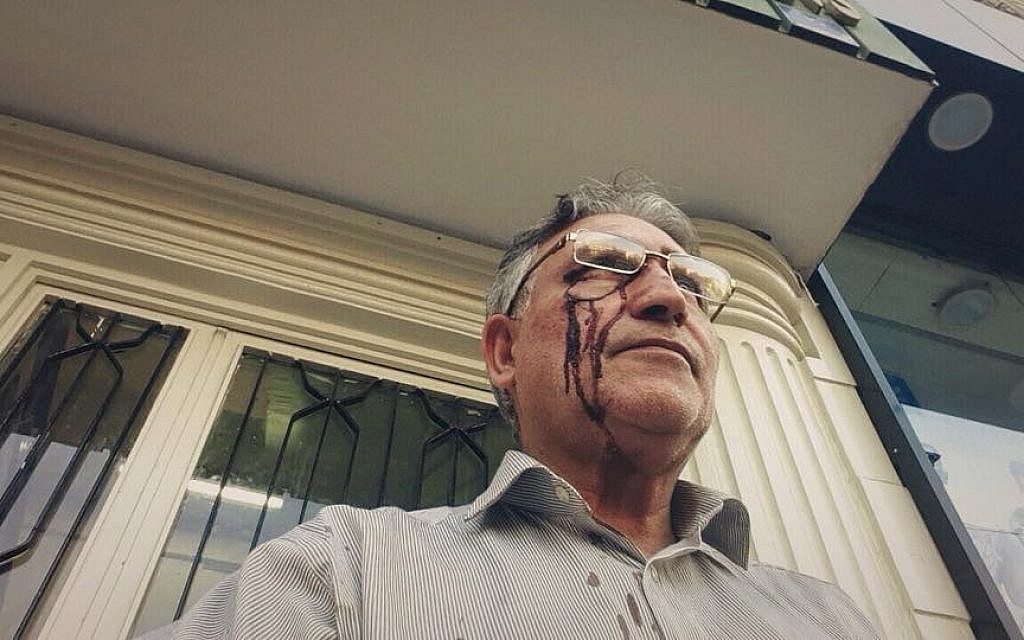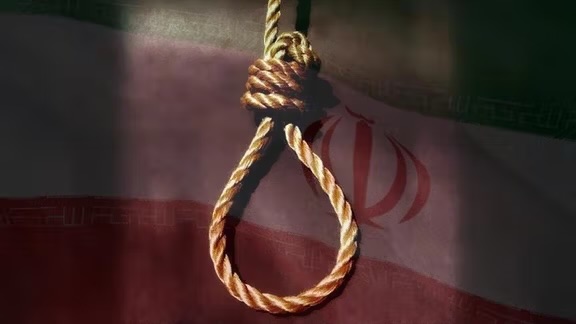
Human rights media sources have reported that Mohammad Nourizad, a jailed Iranian activist, has begun a hunger and medication strike in protest of being denied access to necessary medical treatment. At the same time, prison officials have barred five political prisoners on death row from contacting their families.
Fatemeh Maleki, the wife of Nourizad, shared a post on Instagram stating that her husband has been suffering from vision problems for the past four months. A prison doctor diagnosed him with cataracts and stressed the urgent need for his transfer to a hospital. However, the head of Evin Prison has reportedly opposed the transfer, prompting Nourizad to begin his strike on April 19 in response to this denial of care.
Nourizad, a filmmaker, journalist, and civil and political activist, has previously undertaken hunger strikes during past imprisonments. Many prisoners in Iran resort to hunger strikes as a last resort to have their demands heard, often at great risk to their health. These strikes are typically carried out in protest of delays in legal proceedings or violations of prisoners’ rights.
Death Row Political Prisoners Denied Phone Contact
On Monday, April 21, the human rights organization HRANA reported that five political prisoners sentenced to death — Akbar Daneshvarkar, Mohammad Taghavi, Babak Alipour, Pouya Ghobadi, and Vahid Bani-Amrian — have been banned from making phone calls to their families by order of Evin Prison authorities.
According to a source close to the prisoners’ families, prison officials froze the prisoners’ phone and credit cards starting April 20, effectively cutting off their communication with their families and access to personal funds. This move is believed to be part of preparations to forcibly transfer the inmates to Ghezel Hesar Prison in Karaj.
Over recent months, numerous reports have highlighted Iranian political prisoners — both men and women — being denied their right to phone calls and visits with their families and lawyers. These basic rights are essential to upholding the principles of a fair trial and humane treatment.
UN Special Rapporteur Raises Alarm
On April 16, Evin Prison authorities attempted to transfer the five political prisoners to Ghezel Hesar, but the prisoners resisted. On April 17, Javaid Rehman, the UN Special Rapporteur on the human rights situation in Iran, expressed serious concern over the forced transfer attempts.
Ghezel Hesar Prison is considered one of the most notorious prisons in Iran, known for a high rate of executions carried out under various charges.
In November 2024, Judge Iman Afshari of Branch 26 of the Tehran Revolutionary Court sentenced Alipour, Bani-Amrian, Ghobadi, Daneshvarkar, Taghavi, and another political prisoner, Abolhassan Montazeri, to death on charges of “rebellion through membership in anti-regime groups.” The defendants, who were arrested in late 2023 and early 2024, also received additional sentences of imprisonment and exile for charges including “assembly and collusion against national security,” “destruction of property,” “forming illegal groups,” and “illegal border crossing.”
The rising number of executions and death sentences — particularly targeting political prisoners — has triggered a wave of outrage and protests both inside Iran and internationally.
According to human rights sources, around 60 individuals are currently on death row in Iran on political or security-related charges.


